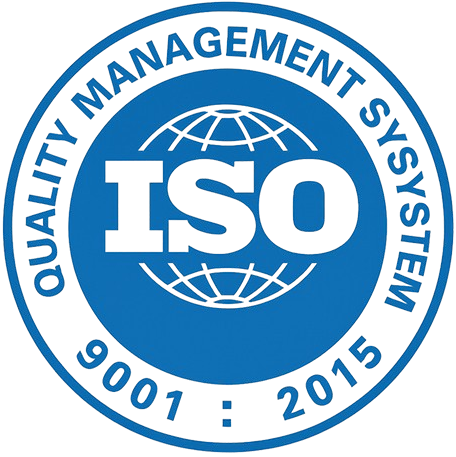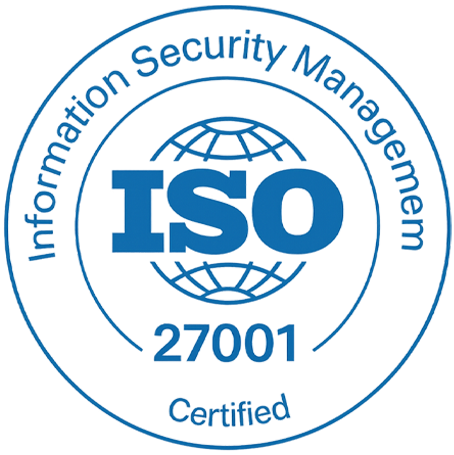INTRODUCTION
In today’s rapidly evolving business landscape, the integration of technology and sustainable practices is becoming increasingly crucial. ERP (Enterprise Resource Planning) solutions play a significant role in driving sustainable practices across industries by improving resource management, minimizing waste, and promoting transparency.
With a growing push across many industries – businesses are being pushed to provide more environmentally sustainable ways of working. Consumers are looking for eco-friendly products and will favour businesses that work to lower their environmental impacts on our planet.
In this blog, we’ll explore how ERP solutions contribute to sustainable practices, their role in optimizing resources, tracking sustainability metrics, and enabling eco-friendly operations.
The Intersection of ERP and Sustainability
It’s a natural fit to integrate ERP systems with the sustainability capabilities of organizations. Both are intended for optimizing the utilization of resources and minimizing waste in businesses. ERP solutions, traditionally aimed at optimizing productivity and reducing costs, are now essential tools in advancing sustainability objectives across industries.
Efficient Resource Management through ERP
One of the primary ways ERP supports sustainability is by helping organizations manage their resources more efficiently. ERP systems track the usage of materials, energy, and water across departments and processes, providing detailed data on consumption patterns.
Supply Chain Optimization and Transparency
Sustainable supply chains are essential for reducing a company’s environmental impact. ERP systems enable end-to-end visibility, providing insights into every step of the supply chain – from sourcing raw materials to delivering finished products. During your supplier selection and evaluation process, your organization can integrate sustainability metrics into the process to ensure that materials are being sourced from environmentally responsible providers. ERP systems can also help streamline routes and consolidate shipments, thereby optimizing transportation and logistics, reducing fuel consumption and carbon emissions.
Challenges and Solutions in Implementing ERP for Sustainability
Implementing ERP system for sustainability poses a unique set of challenges for businesses. Firstly, there’s the complexity of integrating sustainable practices into existing ERP systems, which often requires significant customization. Many ERP solutions are not inherently designed with sustainability metrics in mind, necessitating additional configuration to track and manage environmental and social impact data. This can be a daunting task, particularly for businesses with legacy systems or those lacking in-house expertise in both sustainability and ERP technologies.
To overcome these challenges, businesses can adopt several strategies. A phased implementation approach, for instance, can help manage complexity and ease the transition for employees. Starting with core functionalities and gradually integrating more advanced sustainability features allows for smoother adoption and minimizes disruption.
Collaborating with ERP vendors and consultants who have expertise in sustainability can also be highly beneficial. These experts can provide valuable insights into how to tailor the system to meet specific sustainability goals, and offer guidance on best practices and potential pitfalls.
The Future of ERP and Sustainable Business Practices
In a world increasingly committed to sustainability, businesses are moving beyond traditional practices to adopt holistic strategies that minimize their environmental impact. ERP (Enterprise Resource Planning) systems, originally designed to streamline business operations, are now evolving to support sustainability objectives. As technology advances, ERP systems will continue to integrate features that not only improve operational efficiency but also contribute to long-term environmental goals. Let’s explore how ERP will shape the future of sustainable business practices.
Conclusion: The Future of ERP-Driven Sustainability
As businesses face increased pressure to adopt sustainable practices, ERP systems are poised to play a transformative role in achieving environmental goals. The future of ERP will see systems with enhanced data capabilities, AI-driven insights, automated compliance, and support for the circular economy. These innovations will enable companies to optimize resources, reduce waste, and operate more transparently – all of which align with the principles of responsible business.
Without a strategic approach in aligning your ERP implementation with your sustainability goals, your organization cannot realize the full potential of ERP for sustainability.






